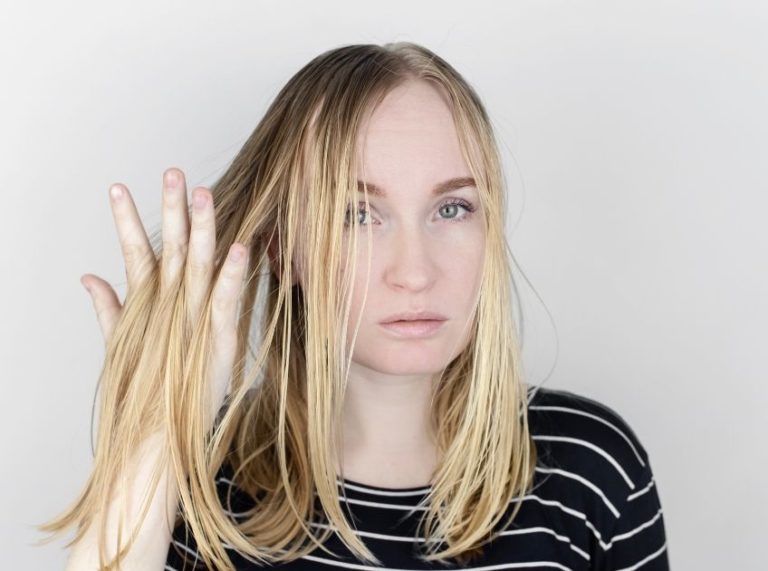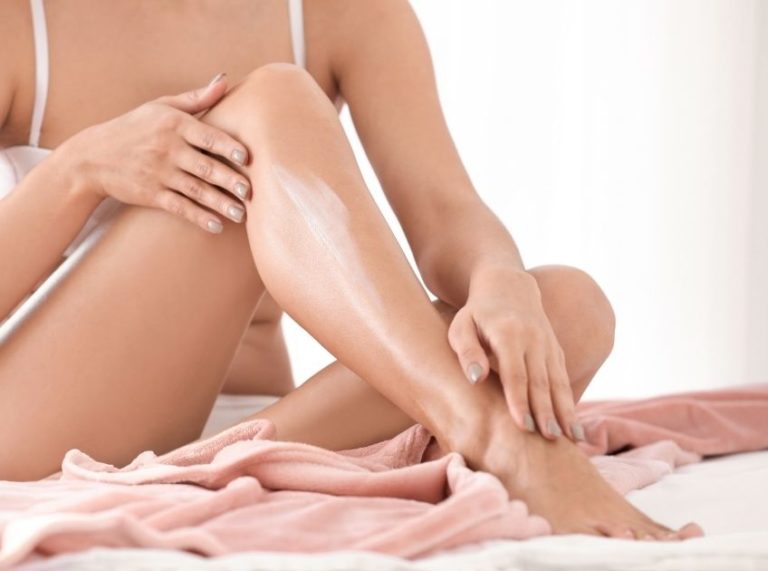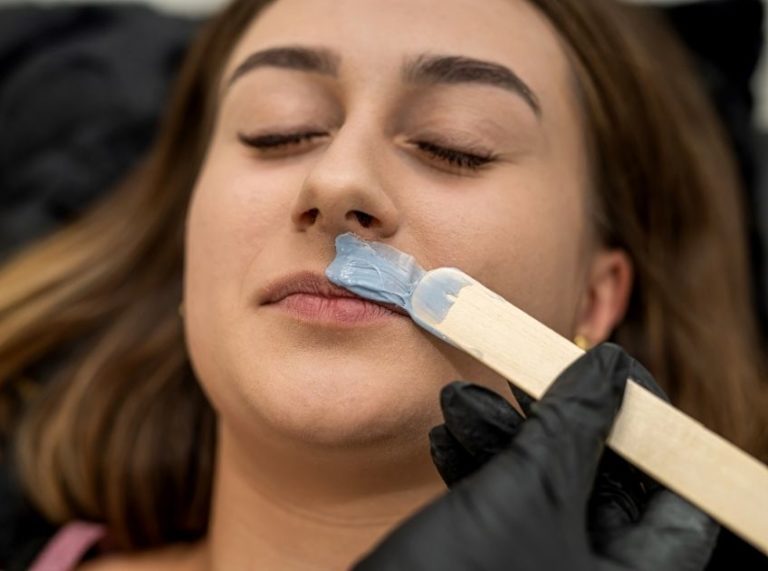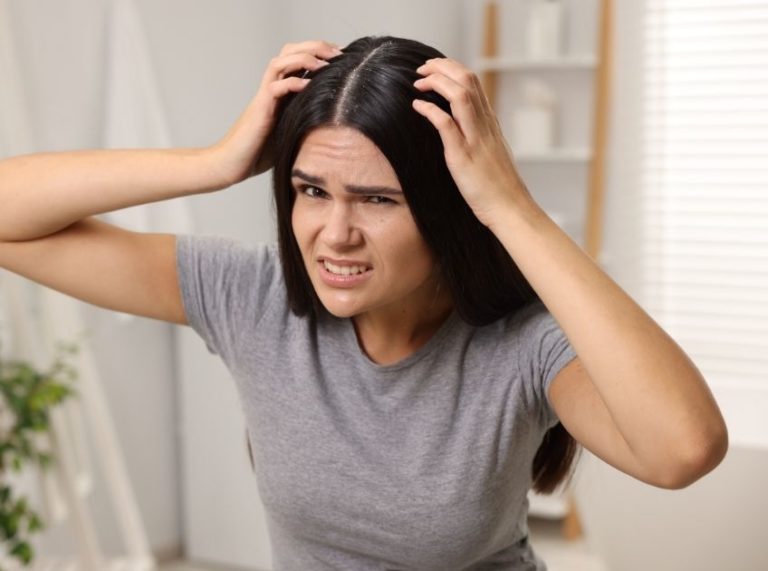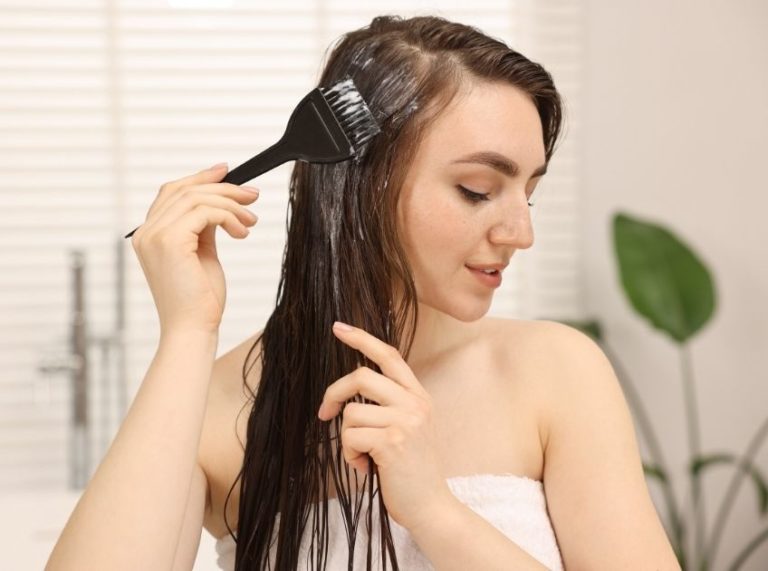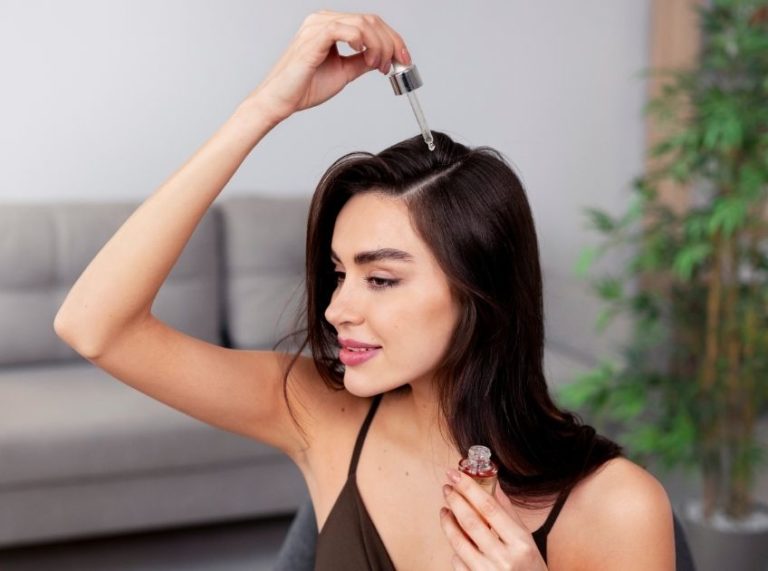
Important: This article is for informational purposes only. Please read our full disclaimer for more details.
Bedbugs are more concerned about living on your bed rather than hair. However, you may get bed bug bites on the scalp, but these tiny insects probably go away after biting.
So, if you wonder can bed bugs get in your hair, yes, they can, but not with the intention of making your hair their residence.
BedBugs are small parasitic insects that feed on humans’ and animals’ blood (1). While there are plenty of varieties of bedbugs, only a few of them can suck on the blood of people.
Bedbugs are usually found in the cracks of beds or the seams of mattresses. It is mainly because their flat and oval-shaped body allows them to hide in such places without getting noticed.
However, the good thing is they do not create any serious harm to the body other than biting.
Bedbugs in Hair
It is highly unlikely for bedbugs to stay in your hair.
So, even if you have noticed them in your hair, it could be because you are sleeping on a bed or mattress that has bedbugs. These insects constantly look for their food (blood), and in the quest may enter your hair to reach the scalp.
Once at the scalp, bedbug will bite and suck some blood, leaving an itchy scalp. After biting, the bedbug leaves and goes back to its hiding spots. So, if you have seen these tiny insects wandering in your hair, do not fret, as they didn’t get here with the intention of living.
Research has revealed that bedbugs do not cause or spread diseases to humans (1).
Why Bedbugs Do Not Live In Your Hair?
Bedbugs come in the category of parasites that love hiding. They usually live near a place where their food is readily available. Thus, you can find them in the bed and mattresses.
The most common places where you can find bedbugs include-
- In the bed
- Around piping
- Seams of mattresses
- Box spring
- Cracks of bed or table
However, if there is a heavy infestation of bedbugs at your home, you can easily find them around chairs, couches, drawers, underneath wallpaper, electrical appliances, etc.
Human hair is not a preferable place for bedbugs because they-
- do not like light
- prefer undisturbed environment
- are not adapted to cling to hair follicles
- they also wash out while washing their hair
At the same time, bedbugs do not survive at high temperatures (2). So, whenever you sit in a car parked under the sun or take a sauna or hot shower, they die, getting exposed to heat for longer hours.
Can Bedbugs Survive On Other Body Parts?
According to research, bedbugs do not live on humans (3). They want human connection only when they are hungry and want to suck on blood.
So, even if they are on the hair or skin, they’ll wash off when you take a shower and hide at some undisturbed place.
Which Bugs Get Into Your Hair?
Bedbugs are definitely not coming to reside in your hair; however, certain other bugs can. Among them, below are the most common ones-
- Head lice: They spend their whole lives on the human scalp and survive only for a day or two after dropping off.
- Scabies mites: Buries into the skin and causes itching. Crusted scabies are a type of infection caused by them.
- Fleas: Come from pets and other animals and usually bite in the legs.
Things To Do When Bedbugs Are Seen In Hair
Seeing a bug moving through the scalp and hiding in the hair can make anyone get anxious. Even though they do not cause any health issues, getting rid of them as soon as possible is essential.
Bedbugs bite the scalp, suck blood, and cause itching and discomfort. Therefore, here are a few ways to remove them from hair-
- Take a hot shower using a medicated shampoo.
- Go for a sauna bath where the body will be exposed to high temperature for some minutes, making bedbugs survival difficult.
- Clean your bed and mattresses thoroughly to remove all the bedbugs.
Usually, witnessing a bedbug in your hair is rare. However, if you are still suspecting something crawling and biting on the scalp, it could be head lice.
In such cases, visit a doctor to identify the bug present in the hair. The doctor will examine the bite and conclude which bus is the reason behind the bite.
When To Visit A Doctor?
If you are experiencing unusual bites on the scalp and are not able to identify the cause behind them, consult a dermatologist. Usually, the bites are concerning only when they are causing uncontrollable itching.
The doctor will figure out the possible reasons for itching and if there is any bug involved. Generally, spotting the bedbug is difficult, but a row of bites can indicate their presence.
Moreover, you can also look for telltale signs such as exoskeletons of bedbugs in the bed or mattresses, musty odor in the bedroom, or rust-colored spots on the mattress.
Conclusion
To answer your query, can bedbugs get into your hair? Yes, they can!
But due to their living adaptations, bedbugs will not stay in the hair for long. They’ll visit the hair, reach the scalp, and some blood. Later, they’ll move back to their habitat, which is usually the cracks in your bed or the seams in your mattress.
Still, if you are suspicious about getting a bedbug in your hair, visit a dermatologist to rule out if it’s a bug or head lice and get the right treatment.
Related Articles
- Do Redheads Have Red Pubes?
- Why Do I Have Red Hairs In My Black Hair?
- How To Get Marshmallows Out Of Hair
- The 10 Best Home Remedies to Get Rid of Bed Bugs
- Scabies Vs Bed Bugs: What’s the Difference?
- Does Tea Tree Oil Kill Bed Bugs?
- 10 Essential Oils for Mosquito and Bug Bites



